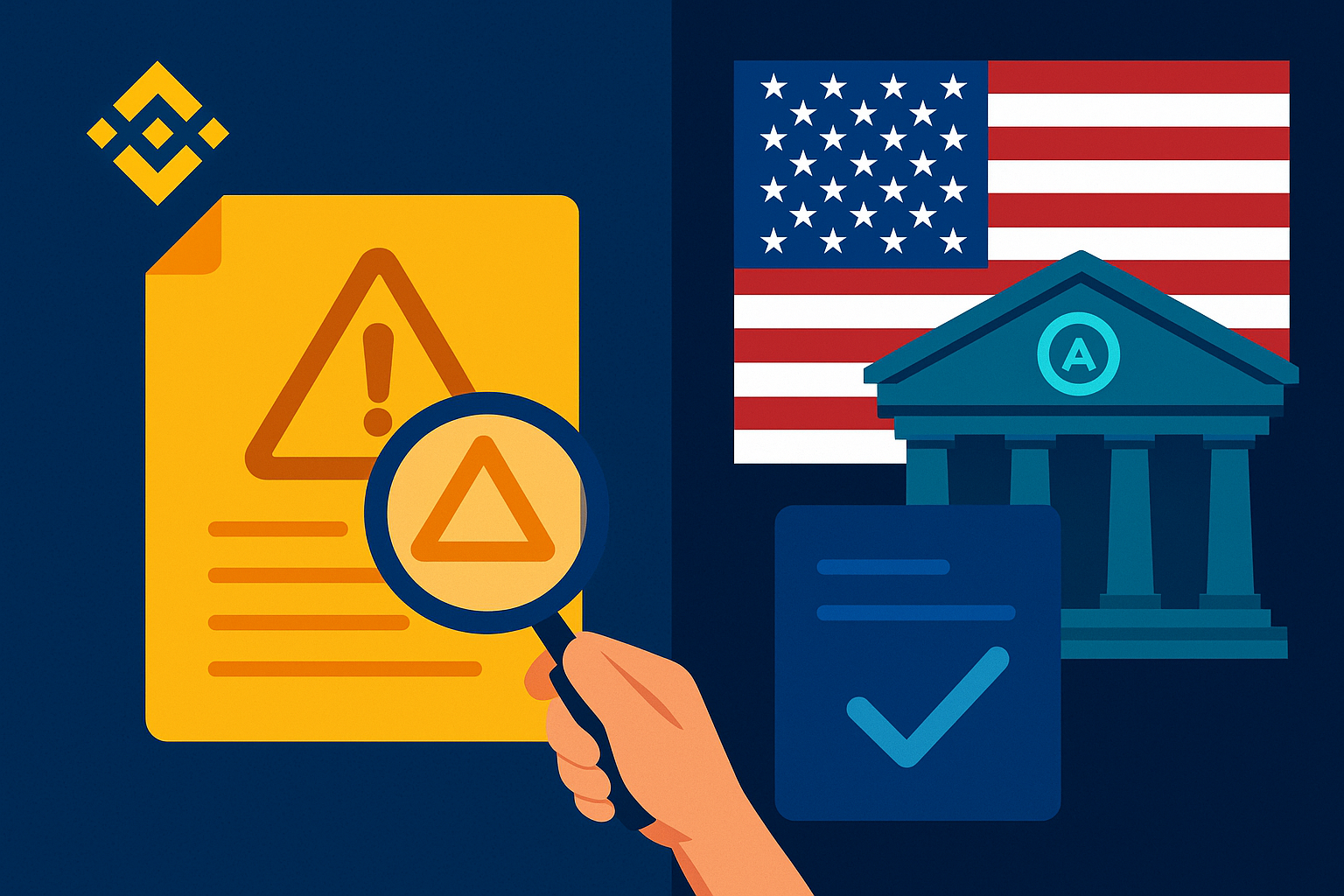Global investors keeping a close eye on digital asset markets were greeted this week with fresh signs of regulatory tightening across key jurisdictions. In a significant move, Australia’s anti-money-laundering regulator directed Binance Australia to appoint an external auditor, while the United States took a notable step in clarifying crypto banking oversight by lifting a cease-and-desist order against Anchorage Digital. Together, these developments highlight the evolving global regulatory landscape for crypto, underscoring both risks and opportunities for investors.
Rising Scrutiny in Australia
Binance, the world’s largest crypto exchange by trading volume, has faced intensifying regulatory challenges globally, and its Australian branch is the latest target. The Australian Transaction Reports and Analysis Centre (AUSTRAC) has ordered Binance Australia to hire an external auditor due to concerns over its compliance protocols. Regulators have long raised questions about how crypto exchanges handle anti-money-laundering (AML) and counter-terrorism financing (CTF) obligations, and AUSTRAC’s intervention signals a renewed push to hold platforms to higher standards.
For investors, this move reflects a trend of heightened regulatory oversight in established markets. Binance’s operational transparency—and its ability to comply with new layers of scrutiny—will play a pivotal role in maintaining user trust and sustaining liquidity in the Asia-Pacific region.
Progress in U.S. Oversight
In contrast to Australia’s clampdown, the U.S. took a step toward providing clearer guardrails for institutional crypto banking. The Office of the Comptroller of the Currency (OCC) lifted its cease-and-desist order against Anchorage Digital, one of the first federally chartered crypto banks in the U.S. This decision, widely reported by The Economic Times, signals growing regulatory willingness to engage with well-structured, compliant crypto institutions.
Anchorage Digital has implemented measures to address previous compliance shortcomings, including bolstered risk management and governance practices. By lifting restrictions, the OCC is effectively acknowledging that crypto banks can operate within the existing financial system—if they adhere to rigorous standards.
For investors, this opens the door to a more mature ecosystem where institutional participation could accelerate mainstream adoption of digital assets. A stronger compliance framework provides confidence for banks, asset managers, and high-net-worth individuals seeking exposure to crypto without taking on undue regulatory risk.
Why This Matters for Investors
The juxtaposition of these two developments captures the current crossroads of the crypto market: increasing scrutiny in some jurisdictions and constructive engagement in others. This dynamic has several implications for investors:
- Short-Term Volatility: Regulatory headlines often move crypto prices, and the Binance development could weigh on sentiment, particularly among retail investors in Asia-Pacific markets.
- Long-Term Maturation: Positive oversight, like the Anchorage case, suggests that crypto is gradually moving from the fringes of finance toward institutional legitimacy.
- Compliance Premium: Firms that can demonstrate robust compliance frameworks will likely command greater investor confidence and market share.
Future Trends to Watch
- Global Harmonization of Crypto Rules: The Financial Action Task Force (FATF) continues to push for standardized global AML/CTF requirements for digital assets. More countries are expected to adopt unified reporting frameworks.
- Institutional Entrants: With banks and asset managers warming up to digital assets, demand for compliant custodians and trading venues is set to rise.
- Potential Market Consolidation: Regulatory burdens may push smaller or non-compliant exchanges out of the market, strengthening the position of players like Coinbase, Anchorage, and potentially a restructured Binance.
Key Investment Insight
For investors, the key takeaway is to prioritize exposure to crypto firms and service providers that demonstrate regulatory resilience and strong compliance frameworks. Companies like Anchorage Digital, which have proactively adapted to meet oversight requirements, may benefit from the next wave of institutional adoption. Meanwhile, investors should remain cautious of firms still facing regulatory headwinds, as these may bring reputational and operational risks.
As crypto matures, the divide between compliant and non-compliant operators will widen, creating both risks and unique opportunities. Investors who align portfolios with companies positioned for regulatory acceptance stand to gain as the asset class continues to evolve.
Stay with MoneyNews.Today for timely analysis, market updates, and actionable insights to navigate the ever-changing investment landscape.





